
Seatrium delivered FREDERICK PAUP to Manson Construction Co. Built at Seatrium’s Brownsville Texas yard, the Jones Act-compliant vessel is the largest self-propelled hopper dredger in US history.Key highlights:Largest in the U.S. – 420’ length x 81’ beam, with a 15,000+ cubic yard hopper capacityPowerful and Agile – Self-propelled with 25,000 horsepower, triple azimuthing stern drives
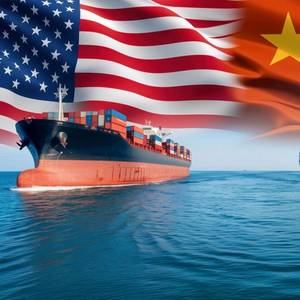
Vessels owned or operated by U.S. firms and individuals - or those built in the United States or that fly the U.S. flag - will be charged additional port fees per voyage starting on October 14, China's transport ministry said.The fees are a counter-measure against upcoming U.S. port fees on Chinese ships, the ministry said on Friday.
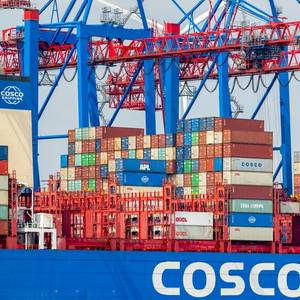
Rates for shipping cargo containers from China to the U.S. have dropped by more than half since earlier this month, as imports rebounded less than expected after the slump that followed President Donald Trump slapping 145% tariffs on China.Trump quickly reversed course by lowering the rate to 30%. That cost increase on goods from the nation's No.
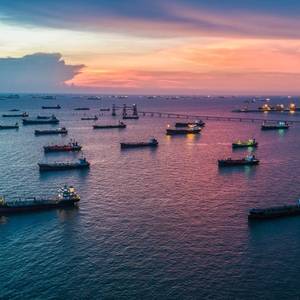
At least two supertankers made U-turns near the Strait of Hormuz following U.S. military strikes on Iran, shiptracking data shows, as more than a week of violence in the region prompts vessels to speed, pause, or alter their journeys.Washington's decision to join Israel's attacks on Iran has stoked fears that Iran could retaliate by closing the strait between Iran and Oman through which around
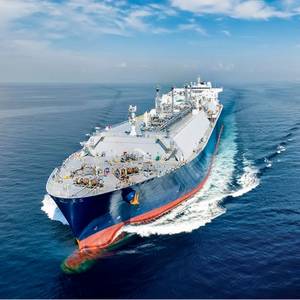
U.S. energy groups are asking President Donald Trump's administration to exempt liquefied natural gas tankers from a new rule that will require producers to move an increasing percentage of their exports on U.S.-built vessels as part of a broader push to revive domestic shipbuilding.The U.S. is the world's No.
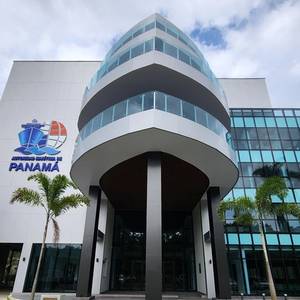
The Panama Maritime Authority (PMA) has officially deregistered 107 Panamanian-flagged vessels listed under international sanctions, with an additional 18 currently undergoing the deregistration process.The deregistered vessels had been identified for compliance concerns or were listed on sanctions list issued by the US Office of Foreign Assets Control (OFAC), the EU and the UK.
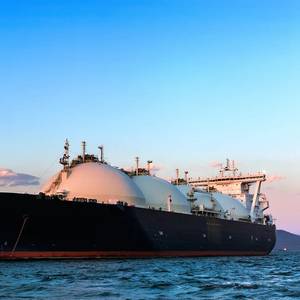
When President Donald Trump sat down to lunch with his Japanese counterpart this month, talk turned quickly to how Tokyo could help realize a decades-old proposal to unlock gas in Alaska and ship it to U.S. allies in Asia.Trump and his energy tsar Doug Burgum framed the venture as a way for Japan to replace Middle East energy shipments and address its trade imbalance with the U.S.

Fluid Marine, a U.S. builder of mission-ready rigid inflatable boats for law enforcement, search and rescue, and commercial operators, announced today that Tony Van Meter has joined the company as Executive Vice President, effective January 12, 2026.Van Meter brings more than three decades of experience in the maritime industry
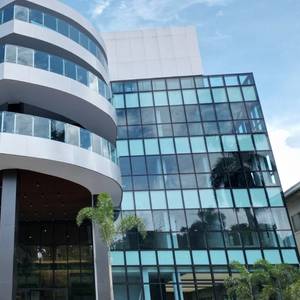
The Government of Panama rejects the claims made by Mark D. Wallace, CEO of United Against Nuclear Iran (UANI) in recent publications circulated through the media and electronic mail worldwide. Panama, through its Panama Maritime Authority (referred to by its Spanish acronym AMP), the entity in charge of the Panama Ship Registry, as the governing body of the Panamanian maritime sector
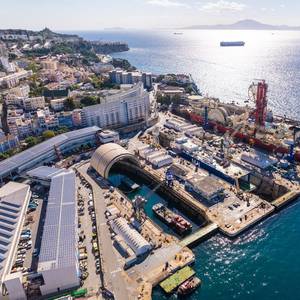
Gibraltar-based ship repair and conversion yard Gibdock has completed the repair and renewal of TechnipFMC's Deep Blue, a deepwaer pipelay and subsea construction vessel.TechnipFMC relocated Deep Blue from the U.S. Gulf for the works, also redeploying the asset outside Europe following completion of works.
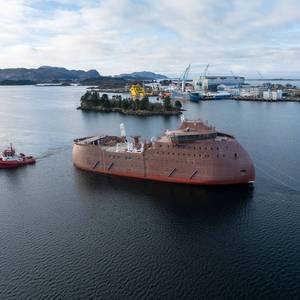
The hull for Bernhard Schulte (BS) Offshore’s new Commissioning Service Operation Vessel (CSOV) has arrived at Ulstein Verft’s shipyard, marking the start of new phase in the shipbuilding process.The vessel is designed by Ulstein Design & Solutions for ‘walk-to-work’ (W2W) operations, where personnel walks via a motion-compensated gangway from the ship to a wind turbine.
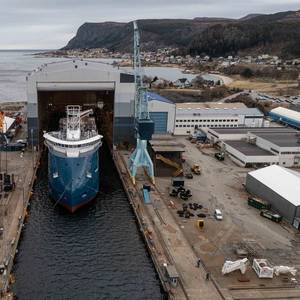
Germany-based Bernhard Schulte Offshore (BS Offshore) and Ulstein Verft have launched a new Commissioning Service Operation Vessel (CSOV), the Yno 320.The launch followed an extensive outfitting phase that included the installation of electrical and mechanical systems, piping, accommodation, and system integration.